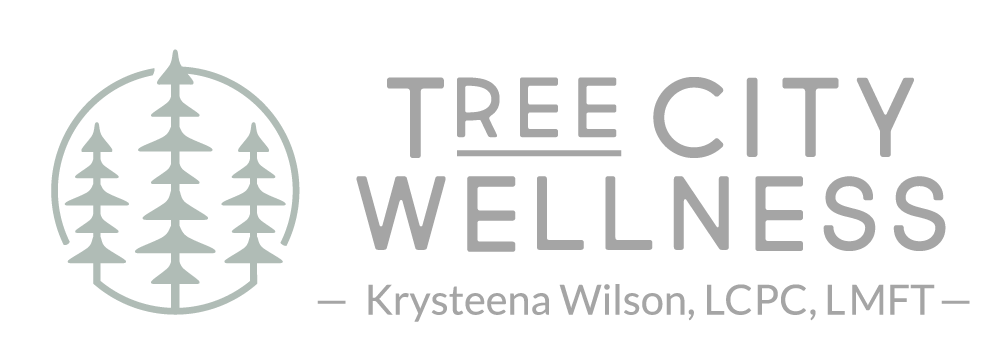What are some major differences between a Counselor and a Coach?
Counselors work from a medical model of care and are trained to identify and treat mental health diagnosis. Coaches work with relatively healthy people who are looking to enhance their life and work toward a future goal. Counselors tend to look at a person’s past and help them uncover subconscious thoughts and beliefs. Coaches focus on one or two specific problem areas that the client is aware of and has a goal of improving. Coaching services must be paid out of pocket while counseling may be covered by insurance. Counselors tend to meet with clients 1:1 1x per week or every other week for about an hour while Coaches may meet with clients more often or for longer sessions. Counselors must complete specific training and pass a licensing exam in the state where they practice or another state where they have lived and practiced. Coaches do not need to complete any specific training (though many still do), do not require a license, and can work with anyone anywhere in the world.







